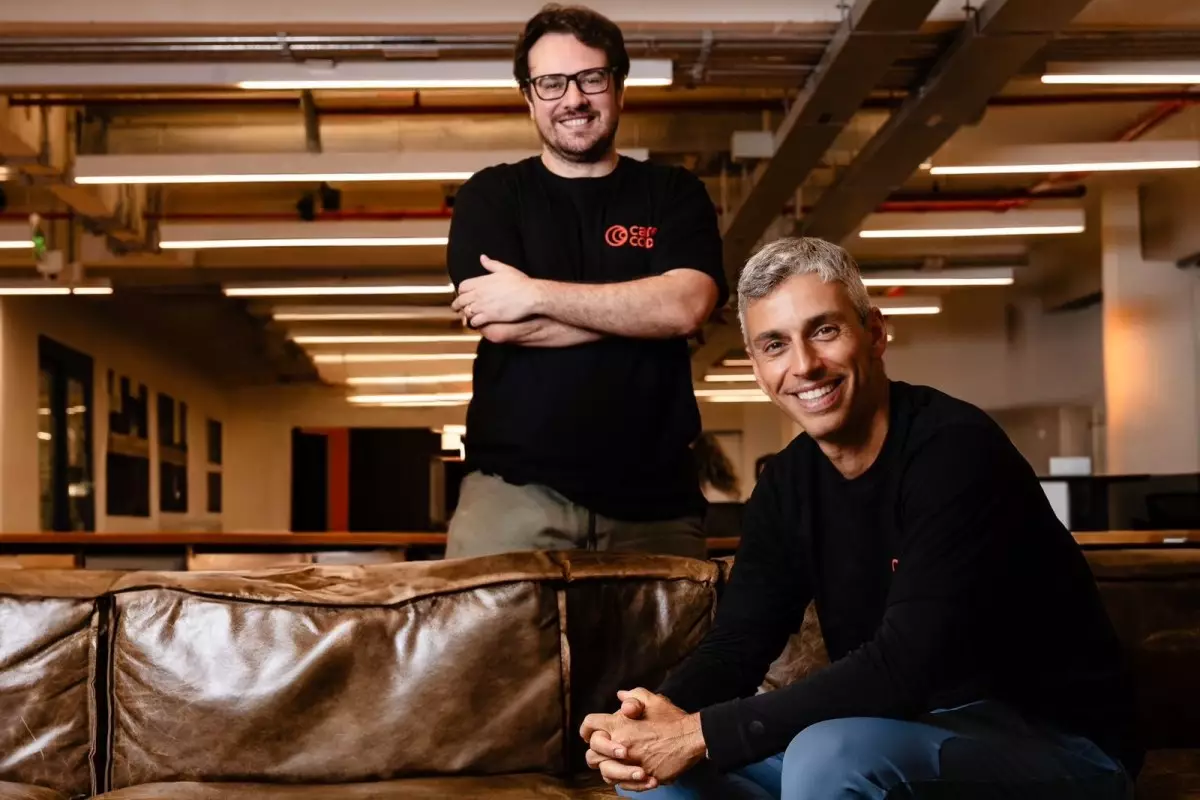The healthcare sector is experiencing a transformative wave propelled by artificial intelligence (AI), which not only holds potential for direct medical applications but also for streamlining operations that surround patient interactions. This is where innovative startups like Carecode emerge, leveraging machine learning to enhance functionalities around medical appointments. By prioritizing the processes that occur before and after patient consultations, Carecode aims to alleviate operational burdens while improving both healthcare accessibility and efficiency.
The traditional view of healthcare often centers on the patient-physician interactions, largely overlooking the essential, albeit mundane, aspects surrounding these interactions. CEO Thomaz Srougi of Carecode recognizes this oversight, stating that the pre- and post-appointment activities are just as critical for patient outcomes. His background in the industry stems not from being a physician himself but rather from his entrepreneurial journey as the founder of Dr. Consulta, which has gained significant traction by delivering medical services. With this understanding, Carecode intends to revolutionize how administrative tasks are managed in healthcare settings, creating a space where medical professionals can focus more on patient care rather than administrative bureaucracy.
Having recently transitioned from a phase of development into public consciousness, Carecode is positioning itself as a vital player in a rapidly evolving market. With a pre-seed funding round of $4.3 million led by prominent venture capital firms such as a16z and QED, alongside significant participation from local tech luminaries, Carecode is laying a robust financial foundation to expand its operations. Emerging amidst a challenging fundraising environment in Latin America, Carecode’s early success in securing funds highlights the demand for innovative healthcare solutions and the confidence investors have in Srougi and his co-founder, Pedro Magalhães.
Srougi emphasizes the importance of solid relationships in advancing Carecode’s mission. By collaborating with partners willing to pilot its technology, the startup has begun to demonstrate tangible improvements in efficiency. Initial results indicate that Carecode’s AI can successfully carry out many tasks traditionally handled by human call center agents, significantly reducing costs while enhancing the service quality provided to patients. As Brazil’s healthcare system grapples with inefficiencies, such a solution could mitigate the overwhelming administrative burden that has historically plagued the sector.
A distinguishing feature of Carecode’s approach is its sensitivity to the local cultural and technological landscape. In Brazil, where platforms like WhatsApp dominate communication, Carecode has tailored its services to meet users where they are. The ability to engage patients through text and audio messages on familiar platforms is crucial for improving access, particularly among older populations and economically disadvantaged individuals who may prefer voice over typing. This strategic choice positions Carecode as more accessible compared to its US counterparts by acknowledging and catering to regional communication preferences.
Moreover, the startup is being proactive in developing communication methods that will further enhance patient interaction, as voice calls are also part of their roadmap. This adaptability is an asset that enables the organization to quickly respond to the unique needs of the Brazilian healthcare ecosystem, which is often disregarded by generalized solutions.
Carecode’s vertical specialization in healthcare could be a game-changer in an industry often plagued by generic service offerings. Camila Vieira Fernandes, QED’s partner and head of Brazil, points out that this concentrated focus could lead to superior customer experiences by reducing the complexity associated with navigating multiple solutions. With Brazilian healthcare companies reportedly expending around 50% of their revenues—approximately $100 billion each year—on contact center operations, targeting these inefficiencies could yield substantial savings and improve patient services across the board.
While a strict vertical focus may seem limiting at first glance, the enormous scale of Brazil’s healthcare sector provides ample opportunity for growth and diversification. Srougi envisions future expansions into related fields such as insurance and payments, reflecting a broader ambition for Carecode’s technology to adapt and serve evolving market needs. By fostering a dedicated approach now, Carecode stands a chance to build an enduring competitive advantage that others in the space may struggle to replicate.
As Carecode charts its path forward, it embodies a pivotal moment for healthcare technology in Brazil. With its commitment to improving administrative efficiency through AI, it holds the potential not just to streamline processes, but to enhance the overall healthcare experience for countless individuals.

